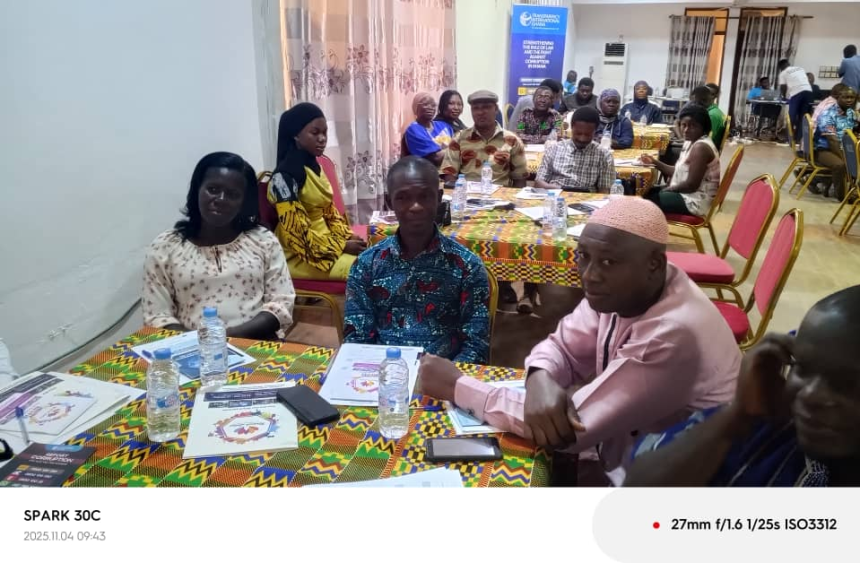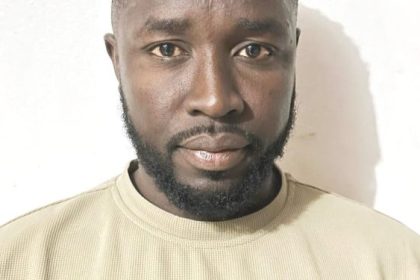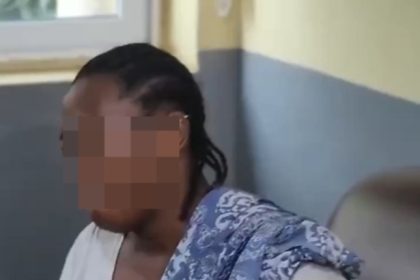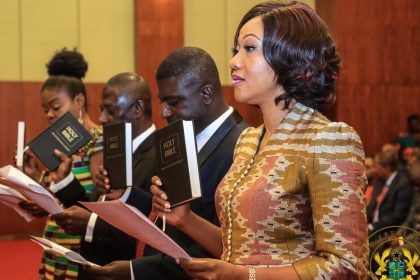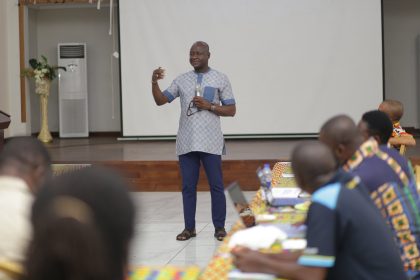Transparency International Ghana (TI-Ghana) has organised a day’s capacity-building workshop for Civil Society Organisations (CSOs) and media practitioners in the Upper East Region to strengthen their role in the fight against corruption.
The training, held on the theme: “Strengthening the Rule of Law and the Fight Against Corruption in Ghana,” formed part of the Participation, Accountability, Integrity for a Resilient Democracy (PAIRed) project being supported by the European Union (EU) through GIZ in 60 districts across the country.
The initiative aims to promote accountability, integrity, and transparency in governance by enhancing collaboration between state and non-state actors at national and sub-national levels.
Mrs Mary Awelana Addah, the Executive Director of TI-Ghana, addressing participants at the event, said the project sought to create synergy among anti-corruption institutions and advocacy groups to ensure coordinated action and civic engagement.
“The PAIRed project seeks to coordinate efforts, promote civic reporting platforms, and foster collective action among citizens and institutions to win the war against corruption or at least reduce it to the barest minimum,” she stated.
Mrs Addah said women and other marginalised groups were disproportionately affected by corruption, particularly through forms of sextortion and sexual exploitation.
“Sextortion is corruption; it involves the abuse of power for sexual gain. This is an emerging issue we must address openly and seriously as part of our anti-corruption discourse,” Mrs Addah emphasised.
She indicated that while it was important to hold leaders and institutions accountable, it was equally important that citizens understood investigations and prosecutions take time and require evidence and due process.
“It is wrong to assume that anti corruption initiatives like the Operation Recover All Loot will achieve results overnight. The fight against corruption requires time, diligence, and coordination,” she said, adding, “Our role as citizens and civil society is to remain vigilant and ensure that no case dies off. If we sleep, the politician will also sleep.”
She called for strict enforcement of asset declaration laws, saying, “The appointing authorities must be firm. If any political office holder or bureaucrat fails to declare their assets, they should be sanctioned.”
Mr Victus Azeem, an Anti-Corruption Advocate and Facilitator at the workshop, said Ghana had adequate legal frameworks to fight corruption but lacked political will and enforcement mechanisms.
“Ghana does not lack laws; we lack enforcement,” he stated. “What we need is not more legislation but commitment from leadership and active follow-up by citizens to ensure that those in authority are held accountable.”
He underscored the crucial role of CSOs and the media in keeping the anti-corruption agenda alive, emphasising that, “If the media stops talking about corruption and civil society becomes silent, the problem will only get worse.”
Mr Azeem urged participants to apply the knowledge gained to strengthen advocacy, build networks for joint campaigns, and mobilize communities to demand transparency at the local level.


